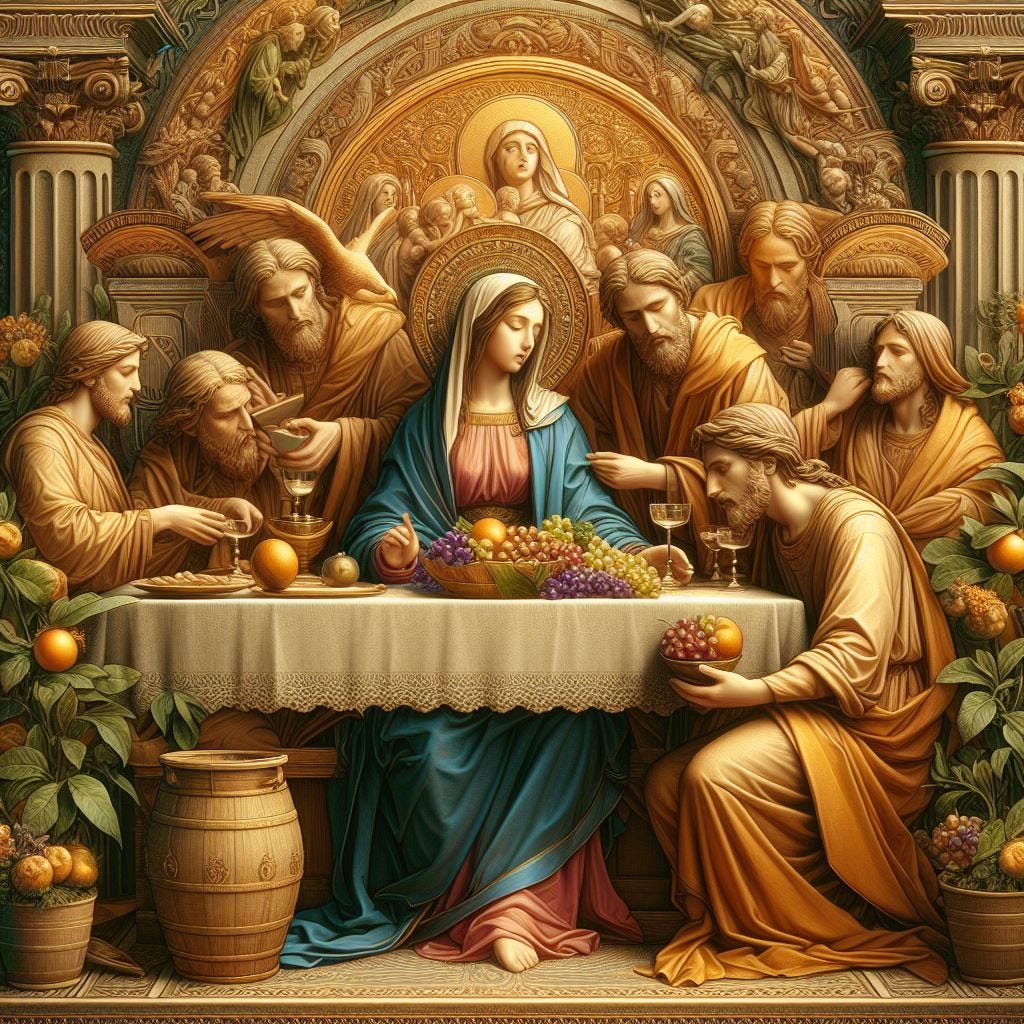Relational and Symbolic Wisdom
Humanity has long felt the power of the feminine, embodying qualities of unconditional love, grace, and patience. The early Christians intuitively understood Mary as a profound symbol of this feminine incarnation. Her depiction in art and devotion was a way for us to connect with our own feminine soul, recognizing in her a mirror of our deepest selves.
Mary’s role is not just a passive one; she actively shows us how to receive divine love and share it with others. Her presence invites us to embrace the divine with open hearts. Even as doctrines shifted and perceptions changed, the underlying message of Mary remained powerful. She represents our collective yes to God, a commitment that transcends individual shortcomings.
In today’s world, we see a growing yearning for the nurturing, empowering qualities associated with the feminine. Our societies have become overly focused on competition and aggression, losing the balance that feminine wisdom offers. Despite historical marginalization, the influence of the feminine is profound, working quietly yet powerfully within the fabric of our cultures and faiths.
Mary’s quiet intervention at the wedding feast of Cana, trusting Jesus to act, symbolizes the subtle yet transformative power of the feminine. This power, often operating from the background, is crucial in shaping our spiritual and social landscapes. The Divine Feminine continues to inspire and guide us, showing that true strength lies in relational and symbolic wisdom.
Recognizing and embracing the feminine aspects of our humanity can lead us to a more balanced, compassionate, and spiritually enriched existence.
(adopted from: Richard Rohr, The Universal Christ)




